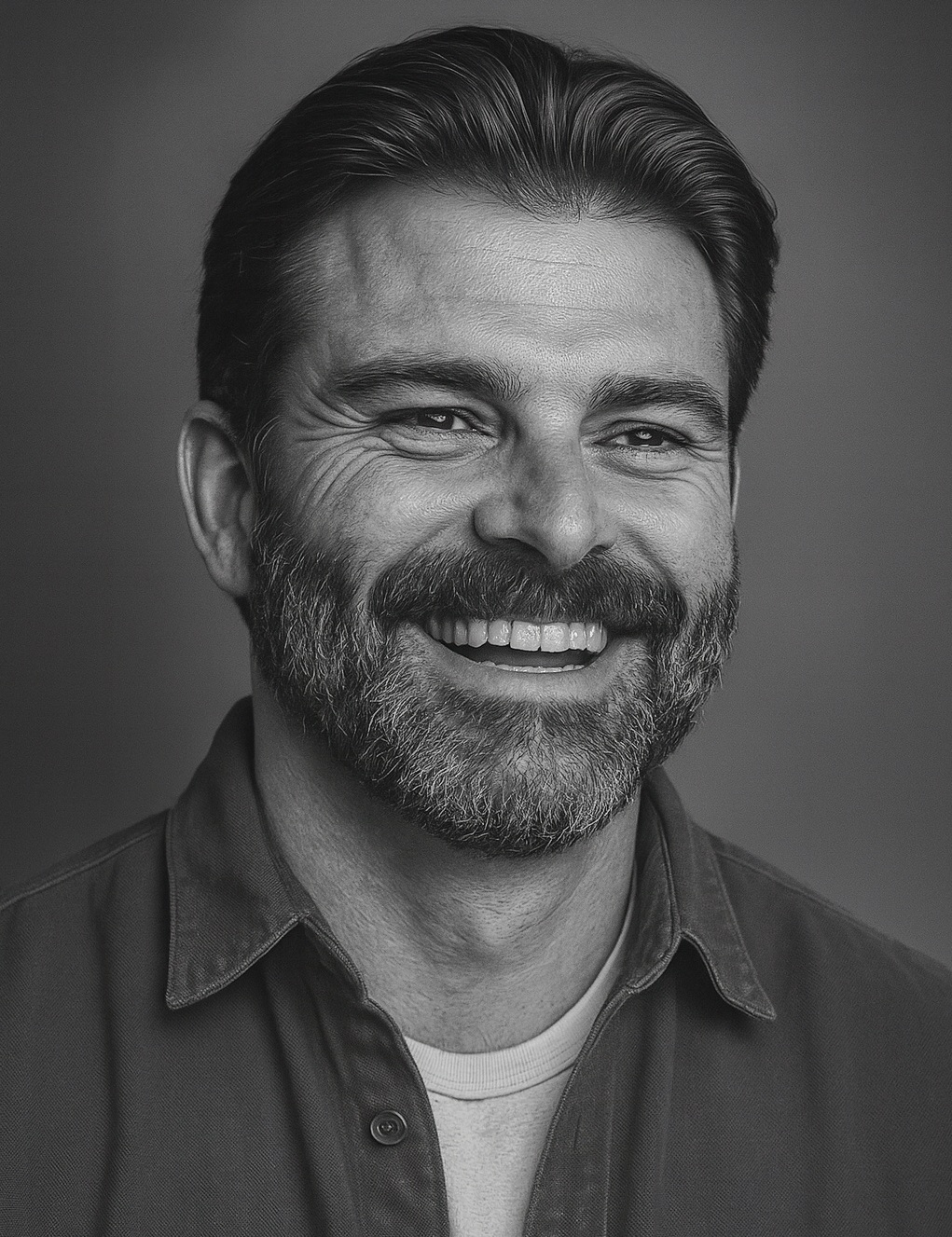From the Front Lines: HOA Insurance

Trey Griffy
Account Executive
Minnetonka, Minnesota
How did you get started at your agency?
When I graduated from Georgia College in 2011 with a degree in marketing, I didn’t expect to end up in insurance, much less homeowners association (HOA) insurance. A simple conversation with an insurance agent launched my career and shaped the niche I still work in today.
I was fortunate enough to land at Nesbit Agencies, a family-owned and operated firm that lives out traditional business values of integrity, relationships and doing right by the client. Moving to Minneapolis, I started out writing any line of business that came my way, but I always found myself coming back to HOAs.
Why HOA insurance?
The more I learned, the more I realized that the complexity of community associations created an opportunity to bring real value—that’s when I fully committed to the niche. The HOA world is tough. These are nonprofit boards, and there are elections every year, which means turnover is constant. You’re oftentimes facing a new decision maker every year, and those decision makers usually have their own insurance contacts. Relationships and loyalty are always in short supply.

make Your Voice heard at the 2026 Big ‘I’ Legislative Conference
April 22-24 Washington D.c.
But over time, and after plenty of failures, I built up knowledge. I learned how to navigate the politics, financial pressures and nuances that make HOAs distinct from other clients. Along the way, I built strong relationships with a core group of property managers who trust me. That foundation allowed me to carve out my niche.
Changes in the HOA insurance market?
For years, community associations were stuck in one of the hardest insurance markets we’ve ever seen. Premiums climbed, carriers pulled out and deductibles got pushed higher across the board. I used to joke with clients that I’d gotten too good at delivering bad news. Now, the market is finally starting to soften. Carriers are dipping their toes back in, competition is increasing and rates are coming down.
More on Commercial Lines
Future trends?
I see underwriting staying disciplined. Carriers will closely monitor association reserves, maintenance and compliance with loss control requirements. Communities that can show strong financial management and a proactive approach to risk will have an edge. At the same time, data and technology are only going to matter more. Carriers want proof of prevention, such as water sensors, roof inspections and documented maintenance, and they’ll reward associations that can provide it. The communities that adapt to that reality will be best positioned for stability down the road.
Advice for a fellow agent?
Go all in. That means educating yourself by talking to other agents who work in the space, learning from the carriers that specialize in it and taking time to understand how associations really operate. Read reserve studies, sit in on board meetings if possible, and become comfortable explaining coverage and deductibles in a way that makes sense to volunteers who may not be familiar with insurance. And don’t shy away from the hard conversations.
Olivia Overman is IA content editor.








